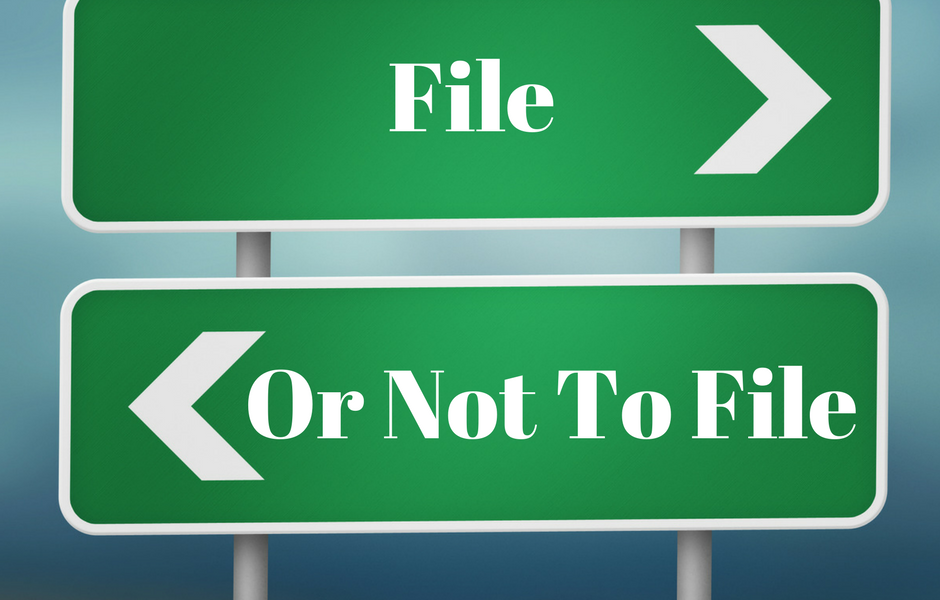 A business owner inquired whether he had to file bankruptcy for his corporation to avoid personal liability for the company’s debt, or whether there were other options to closing out the company. The company had few assets remaining, with a value of $20,000, and a tax debt for payroll taxes of $25,000, contributions due to the employees’ retirement accounts of $5,000 and significant trade debt, including corporate credit card debt and vendors. The Corporation’s owner had received payments from the company designated as repayments of loans rather than salary for the two years prior to the business closing in order to reduce his personal income tax liability.
A business owner inquired whether he had to file bankruptcy for his corporation to avoid personal liability for the company’s debt, or whether there were other options to closing out the company. The company had few assets remaining, with a value of $20,000, and a tax debt for payroll taxes of $25,000, contributions due to the employees’ retirement accounts of $5,000 and significant trade debt, including corporate credit card debt and vendors. The Corporation’s owner had received payments from the company designated as repayments of loans rather than salary for the two years prior to the business closing in order to reduce his personal income tax liability.
Bankruptcy Option
Since the company had already ceased operating, a Chapter 7 liquidation case would be the most likely bankruptcy option. In a Chapter 7 case, a Trustee is appointed to liquidate assets and pay creditors according to a priority scheme set forth in Section 507 of the Bankruptcy Code. The first priority is to administrative expenses of the Chapter 7 case which includes trustee fees and any fees for the trustee’s attorney and accountant approved by the Court. The Trustee fees are 25% of the first $5,000;10% of the next $45,000. Before the case were even filed, the Company would have to pay an attorney to file the case. The fees for a business case would probably be a minimum of $5,000. Therefore, the total left for creditors for this company would be no more than $12,385.
The Trustee could also seek to recover from the individual owner the payments he received during the year prior to bankruptcy as “preferential payments” under Section 547 of the Bankruptcy Code. Had the owner received actual payroll compensation instead of the loan repayments, the money would not be recovered, but because the payments were in made on account of a prior-existing debt (the loans), and the owner was an “insider” the Trustee could, and most likely would, seek to recover those payments. For that reason alone, bankruptcy might not be the best option for the corporation.
The corporate bankruptcy would also not absolve the owner of personal liability for all debts. Some tax debts and other obligations would survive the bankruptcy filing (see future post in coming weeks).

